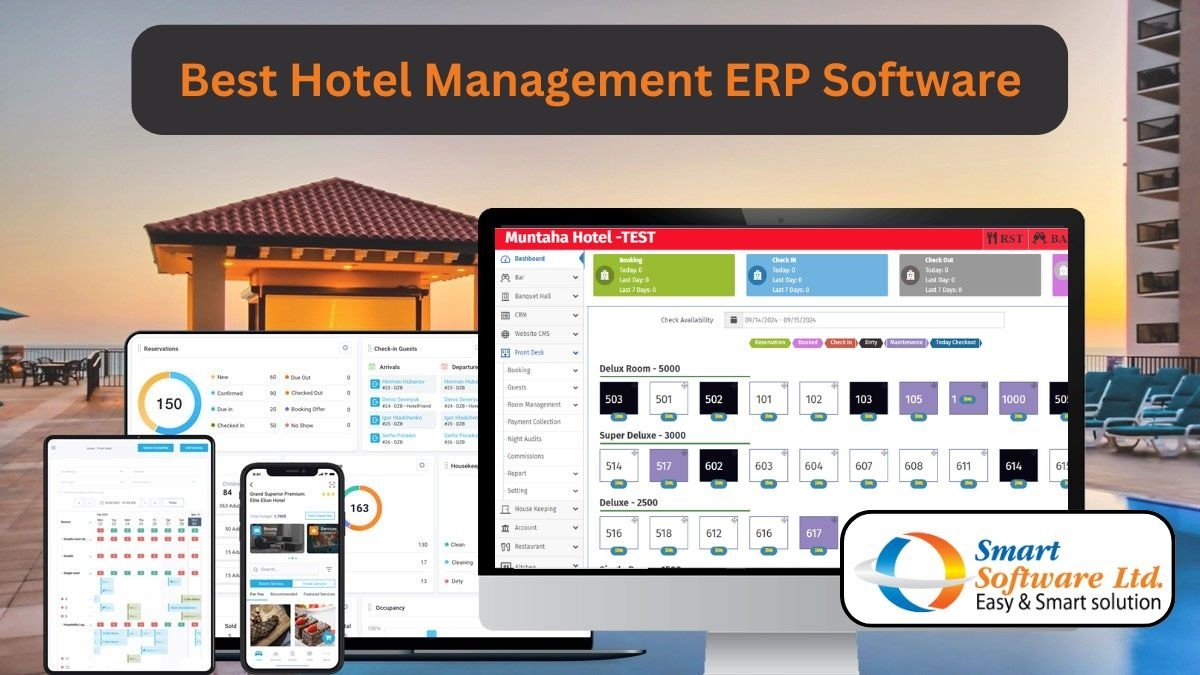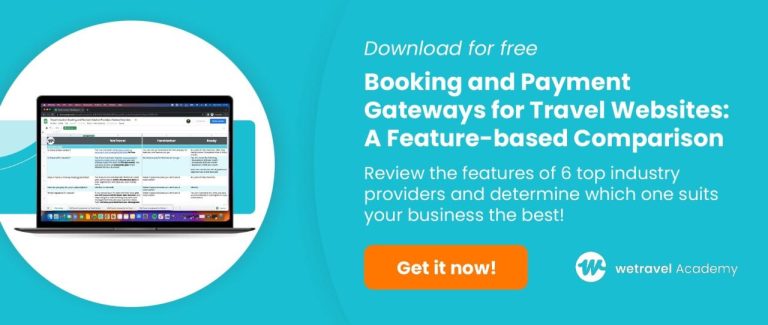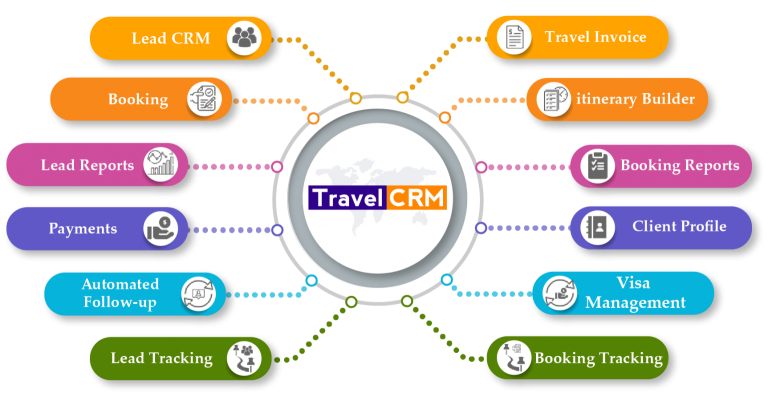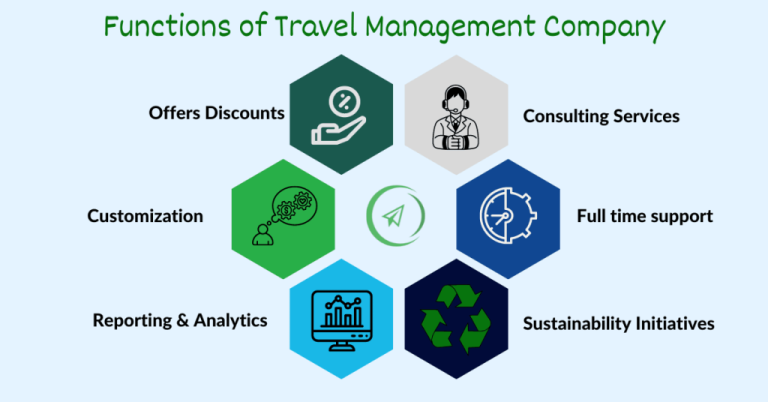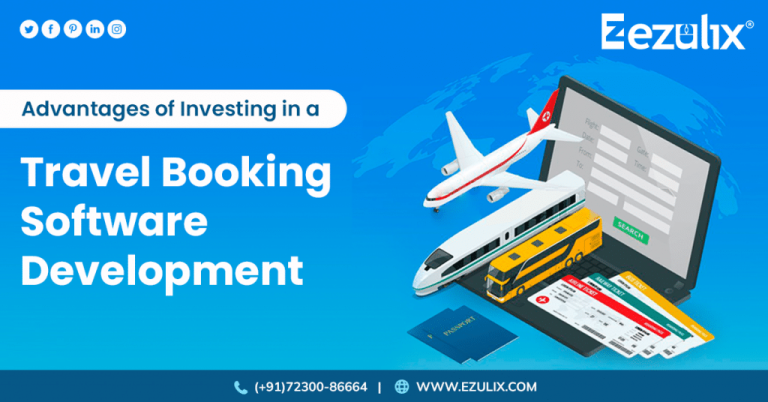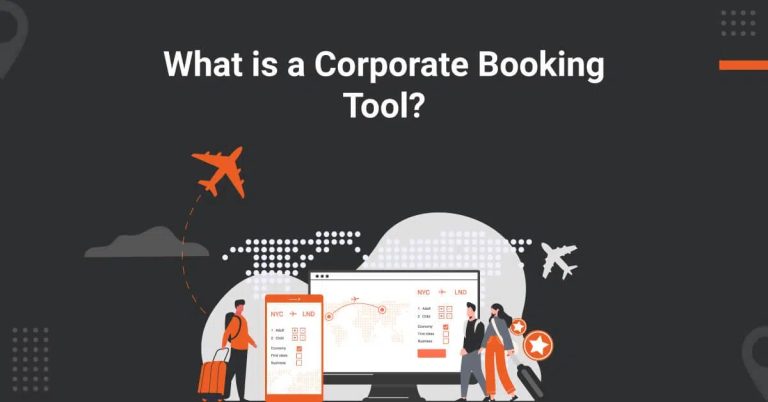Small Hotel Reservation Software A Comprehensive Guide
Small hotel reservation software is rapidly becoming an essential tool for independent hotels and guesthouses. It streamlines operations, improves guest experiences, and can significantly boost revenue. This guide dives deep into the world of small hotel reservation software, examining key features, comparing popular options, and highlighting the benefits for various types of establishments. We’ll explore the intricacies of implementation, customer support, and future trends, ultimately empowering you to make informed decisions for your small hotel.
This comprehensive guide explores the various aspects of small hotel reservation software, from its core functionalities to its practical applications. Understanding the different features and their roles in improving operational efficiency and guest satisfaction is paramount for small hotel owners. The guide also examines the critical role of user-friendly interfaces and robust customer support in maximizing the return on investment for your hotel.
Introduction to Small Hotel Reservation Software
Small hotel reservation software is a specialized application designed to streamline the booking and management processes for smaller hotels, guesthouses, and similar establishments. It facilitates efficient handling of guest reservations, payments, and overall operational tasks, allowing owners and staff to focus on providing exceptional guest experiences.
This software typically incorporates a range of tools to automate tasks and improve the overall efficiency of the hotel’s operations. From handling online bookings to managing payments, the software aims to improve the overall experience for both the hotel and its guests.
Key Features of Small Hotel Reservation Software
A comprehensive small hotel reservation software package generally includes modules for managing various aspects of hotel operations. These features are designed to improve the efficiency and effectiveness of the hotel’s daily functions.
- Booking Management: This module allows for online bookings, managing reservations, and providing real-time availability. This feature is crucial for handling inquiries, confirmations, and cancellations efficiently. Online booking platforms can significantly increase the reach of a smaller hotel.
- Payment Processing: The software enables secure online payments, handling various payment methods (credit cards, debit cards, etc.), and managing transactions. This feature ensures smooth and secure transactions for both the hotel and its guests.
- Guest Management: This module provides tools for managing guest profiles, preferences, and communication. It helps to maintain detailed records of past guests, ensuring personalized experiences and potential repeat bookings.
- Reporting and Analytics: Reporting tools provide valuable insights into key performance indicators (KPIs) such as occupancy rates, booking trends, and revenue generation. These insights are vital for informed decision-making and strategic planning.
Common Use Cases
Small hotel reservation software addresses a variety of operational needs within the industry. These use cases contribute to improved management and efficiency for smaller hotels.
- Online Booking Management: Facilitating online bookings is a crucial use case, enabling guests to reserve rooms from anywhere at any time, 24/7. This broadens the hotel’s reach and allows for greater efficiency in managing inquiries.
- Inventory Control: The software tracks room availability in real-time, preventing double bookings and ensuring accurate records. This is vital for maintaining operational integrity and guest satisfaction.
- Payment Processing: Managing payments securely and efficiently is a key use case. The software integrates with various payment gateways to handle transactions securely.
- Guest Communication: Sending automated confirmations and other essential communications to guests is an important use case. This feature improves communication and transparency, ensuring a smooth and seamless experience for the guest.
Types of Small Hotels Benefiting from the Software
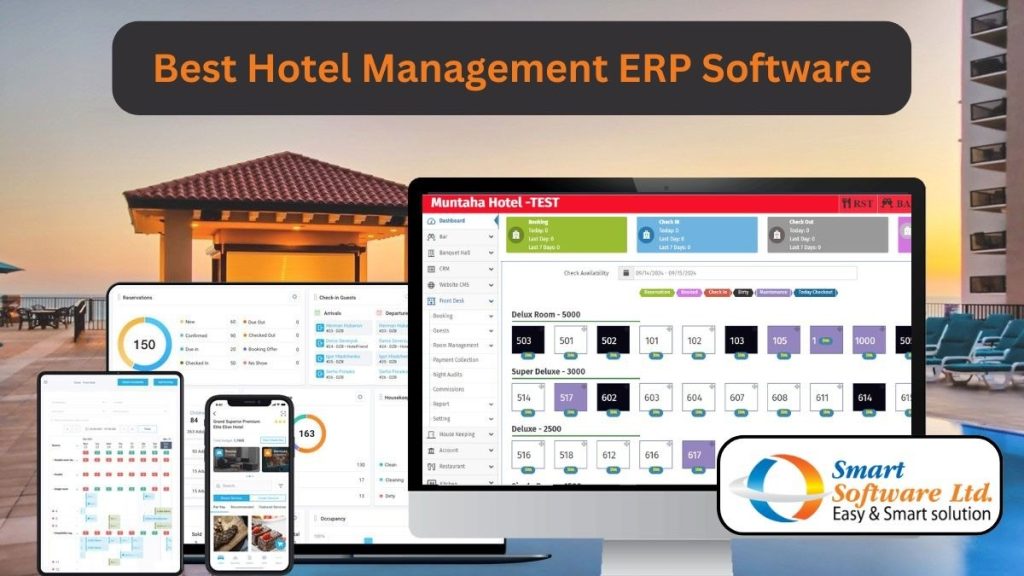
Various types of small hotels can benefit from using this software. The software’s adaptability and features make it beneficial for a variety of establishments.
- Boutique Hotels: These hotels often have unique characteristics and a focus on personalized service. The software helps to manage bookings and maintain records of guest preferences, allowing for personalized service.
- Bed and Breakfasts: These establishments benefit from the software’s ability to manage bookings, payments, and guest information efficiently.
- Guesthouses: Similar to bed and breakfasts, guesthouses can leverage the software to streamline operations, improve efficiency, and enhance the guest experience.
- Small Resorts: Small resorts can use the software to manage reservations, track occupancy, and provide efficient guest service.
Features Overview
This table provides a comprehensive overview of the different categories of features typically found in small hotel reservation software.
| Feature Category | Description |
|---|---|
| Booking | Manages online bookings, confirmations, and cancellations. Tracks room availability in real-time. |
| Payment | Processes secure online payments using various methods. Manages transactions and financial records. |
| Guest Management | Handles guest profiles, preferences, and communication. Maintains detailed records of past guests. |
| Reporting | Generates reports on key performance indicators (KPIs). Provides insights into occupancy rates, booking trends, and revenue. |
Comparison of Different Software Options
Choosing the right reservation software is crucial for the smooth operation of a small hotel. Different options cater to various needs and budgets, offering varying levels of functionality and features. Understanding the strengths and weaknesses of each is vital for making an informed decision.
A comparative analysis of popular reservation software options reveals key distinctions in pricing models, user interfaces, and integration capabilities. This examination will highlight the nuances of these systems, empowering potential users to select the best fit for their specific operational requirements.
Pricing Models
Various pricing models are employed by reservation software providers. Some operate on a per-room or per-user basis, while others use tiered pricing structures based on the number of rooms or features utilized. This often correlates with the level of customization and advanced functionalities available.
User Interface and Ease of Use
The user interface (UI) and ease of use of a reservation system significantly impact staff efficiency. A well-designed UI with intuitive navigation simplifies tasks such as booking management, guest communication, and reporting. A poorly designed interface can lead to increased training time and operational inefficiencies.
Integration Capabilities
The integration capabilities of reservation software are essential for seamless workflow. The ability to integrate with payment gateways, point-of-sale (POS) systems, and other hotel management tools ensures data consistency and reduces manual data entry. Effective integration minimizes errors and improves overall operational efficiency.
Comparison Table
| Feature | Software A | Software B | Software C |
|---|---|---|---|
| Pricing Model | Tiered pricing based on rooms and features. Basic plan starts at $XX per month, with higher tiers for increased features. | Per-user pricing: $YY per user per month. Includes a free trial. | Subscription model with a flat fee for a set number of rooms, starting at $ZZ per month. |
| User Interface | Intuitive design with clear navigation; generally considered easy to learn. | User-friendly interface with helpful tutorials and a support forum. | Requires some training, but features comprehensive documentation and training materials. |
| Integration Capabilities | Integrates with popular payment gateways (Stripe, PayPal) and some POS systems. | Extensive integration with various payment processors and POS systems; strong API support. | Limited integration options; primarily supports basic payment gateways. |
| Ease of Use | Rated highly by users for ease of navigation and quick setup. | Generally well-received for its intuitive interface and clear documentation. | Requires more time for initial setup, but user feedback suggests improvement with ongoing support. |
Note: Software A, B, and C are fictional examples, and pricing figures are illustrative. Actual pricing and features will vary depending on the specific software.
Benefits and Advantages of Using the Software
Implementing reservation software offers substantial advantages for small hotels, significantly impacting operational efficiency, guest experience, and revenue generation. This software streamlines processes, reduces manual errors, and provides valuable data for informed decision-making. By automating tasks and providing real-time insights, small hotels can effectively compete in the hospitality industry.
Improved Operational Efficiency
Streamlining processes is crucial for small hotels to optimize their operations. Reservation software automates various tasks, reducing manual effort and minimizing errors. This leads to significant time savings, allowing staff to focus on higher-value tasks such as guest service and property maintenance. By automating tasks like booking confirmations, email communications, and payment processing, staff can be freed up to provide a more personalized experience for guests.
- Reduced Administrative Burden: Software handles repetitive tasks like sending confirmations and managing bookings, freeing up staff to focus on guest interaction and property upkeep.
- Real-time Availability: Accurate and real-time room availability is critical. Software ensures that bookings are managed efficiently, preventing double bookings and maximizing occupancy.
- Automated Reminders and Notifications: Automated reminders for bookings and payments can significantly reduce the chance of missed payments and cancellations.
Enhanced Guest Experience
A well-managed reservation process contributes significantly to a positive guest experience. Software facilitates seamless booking processes, allowing guests to easily view available rooms, make secure online payments, and receive prompt confirmations. This proactive approach to communication and service contributes to a positive impression from the start.
- Simplified Booking Process: Guests can browse available rooms, select their preferred dates, and make secure bookings online, providing a convenient and user-friendly experience.
- Instant Confirmation and Communication: Guests receive immediate confirmation and communication regarding their bookings, reducing anxiety and ensuring clarity.
- Easy Access to Information: Guests can easily access important information about the hotel, such as policies, amenities, and contact details.
Increased Revenue Potential
Reservation software plays a vital role in increasing revenue for small hotels. By optimizing occupancy rates and streamlining the booking process, hotels can generate more revenue. The software often provides tools to identify and target potential customer segments.
- Increased Occupancy Rates: By efficiently managing bookings and ensuring real-time availability, the software can optimize occupancy rates and maximize revenue potential.
- Targeted Marketing: Software can provide data on guest preferences and booking patterns, enabling targeted marketing campaigns to attract specific customer segments.
- Improved Pricing Strategies: Software can provide data-driven insights to optimize pricing strategies, maximizing revenue while maintaining competitiveness.
Key Benefits Summary
| Category | Benefit |
|---|---|
| Efficiency | Reduced administrative workload, real-time availability, automated notifications |
| Revenue | Increased occupancy rates, targeted marketing, optimized pricing strategies |
| Guest Satisfaction | Simplified booking process, instant confirmations, easy access to information |
Key Features and Functionality
Small hotel reservation software empowers hoteliers to streamline operations and enhance guest experiences. Crucial features allow for efficient booking management, guest interaction, and financial tracking. This section details the key functionalities vital for a robust and effective reservation system.
Online Booking Capabilities
Online booking is paramount for modern hospitality. Guests expect the convenience of booking accommodations, viewing availability, and completing transactions directly through a website or mobile application. A user-friendly online booking system reduces the burden on staff, enabling them to focus on other critical tasks. This system also provides crucial data on demand and trends, helping hotels adapt their strategies accordingly.
Guest Management Tools
Effective guest management is essential for a positive guest experience. Comprehensive guest management tools allow hotels to store and retrieve guest data efficiently. This includes contact information, preferences, and past stay details. This functionality enables personalized services and enhances the overall guest experience, fostering repeat business and positive reviews. Data-driven insights about guest preferences can also inform marketing and service improvement strategies.
Payment Processing Integrations
Secure and reliable payment processing is critical. Integration with reputable payment gateways allows hotels to accept various payment methods, including credit cards, debit cards, and digital wallets. This feature simplifies the checkout process for guests and ensures timely and secure payment collection for the hotel. Avoiding manual handling of payments reduces errors and increases efficiency.
Reporting and Analytics Features
Data-driven decision-making is key to optimizing hotel performance. Reporting and analytics features within the reservation software provide valuable insights into various aspects of the business. These insights include booking trends, occupancy rates, revenue performance, and customer demographics. Hotels can use this data to identify opportunities for improvement, adjust pricing strategies, and enhance marketing campaigns.
Key Features and Functionalities Table
| Feature | Description | Importance |
|---|---|---|
| Online Booking | Allows guests to book rooms online, view availability, and complete transactions directly. | Enhances guest experience, reduces staff workload, and provides valuable booking data. |
| Guest Management | Stores and retrieves guest data (contact info, preferences, past stays). | Enables personalized services, fosters repeat business, and improves guest experience. |
| Payment Processing | Integrates with payment gateways to accept various payment methods. | Streamlines checkout, ensures secure payment collection, and reduces manual errors. |
| Reporting & Analytics | Provides insights into booking trends, occupancy rates, revenue, and customer demographics. | Enables data-driven decision-making, improves pricing strategies, and enhances marketing campaigns. |
Implementation and Integration
Implementing small hotel reservation software effectively involves careful planning and execution. A well-defined process ensures a smooth transition and minimizes disruptions to existing operations. This section details the steps involved in implementation and integration, along with potential challenges and solutions.
A successful implementation relies on a clear understanding of the software’s features, the hotel’s existing systems, and the necessary data migration strategies. Careful consideration of these factors ensures the software integrates seamlessly into the hotel’s workflow, maximizing efficiency and minimizing operational hiccups.
Implementation Process
The implementation process typically follows a phased approach. Initial steps focus on system analysis and configuration, followed by user training and testing. This phased approach allows for adjustments and refinements along the way, minimizing risks associated with abrupt transitions.
A phased approach, rather than a single large project, allows for adjustments and refinements along the way, minimizing risks associated with abrupt transitions.
Integration with Existing Systems
Integrating the reservation software with existing hotel systems, such as property management systems (PMS) or point-of-sale (POS) systems, is crucial. This integration allows for seamless data flow between systems, reducing manual data entry and potential errors.
- Data exchange protocols are vital for smooth integration. Common protocols, such as APIs (Application Programming Interfaces), ensure reliable communication between the new reservation software and existing systems. Choosing the correct protocol depends on the architecture of both systems.
- Testing the integration thoroughly is essential. Testing should involve simulating various scenarios to ensure data accuracy and system stability. This ensures that the integration functions as expected, even under high-volume conditions.
Data Migration
Data migration is a critical aspect of the implementation process. Carefully planning and executing the data migration process is essential to avoid data loss and ensure accurate transfer of information. A well-defined strategy ensures minimal disruption and allows for accurate data transfer.
- Data validation is essential to ensure the accuracy of the migrated data. This step verifies the integrity of the data transferred, minimizing potential issues arising from incorrect or incomplete data.
- Backup and recovery procedures should be in place to safeguard against data loss during the migration process. This includes creating backups of both the source and destination data, allowing for rollback in case of issues.
- Data mapping is a critical step in the migration process. It defines the correspondence between fields in the existing system and the new reservation software. A detailed data mapping document ensures accuracy and completeness during the transfer process.
Common Integration Challenges and Solutions
Integration challenges can arise from differences in data formats, system architectures, or a lack of proper communication. Proactive planning and problem-solving are crucial for successful integration.
| Challenge | Solution |
|---|---|
| Data format incompatibility | Use data transformation tools or custom scripts to convert data into a compatible format. |
| System architecture differences | Employ middleware or custom integration scripts to bridge the gap between different systems. |
| Lack of API documentation | Contact the software providers for API documentation and support. |
Step-by-Step Implementation Guide
To ensure a smooth implementation, follow these steps:
- Analyze existing systems and identify data points needing migration.
- Select the reservation software and configure its settings.
- Map data fields between the existing and new systems.
- Migrate the data, validating each step.
- Test the integration with various scenarios.
- Train staff on the new software and its functionalities.
- Deploy the software and monitor its performance.
Customer Support and Training
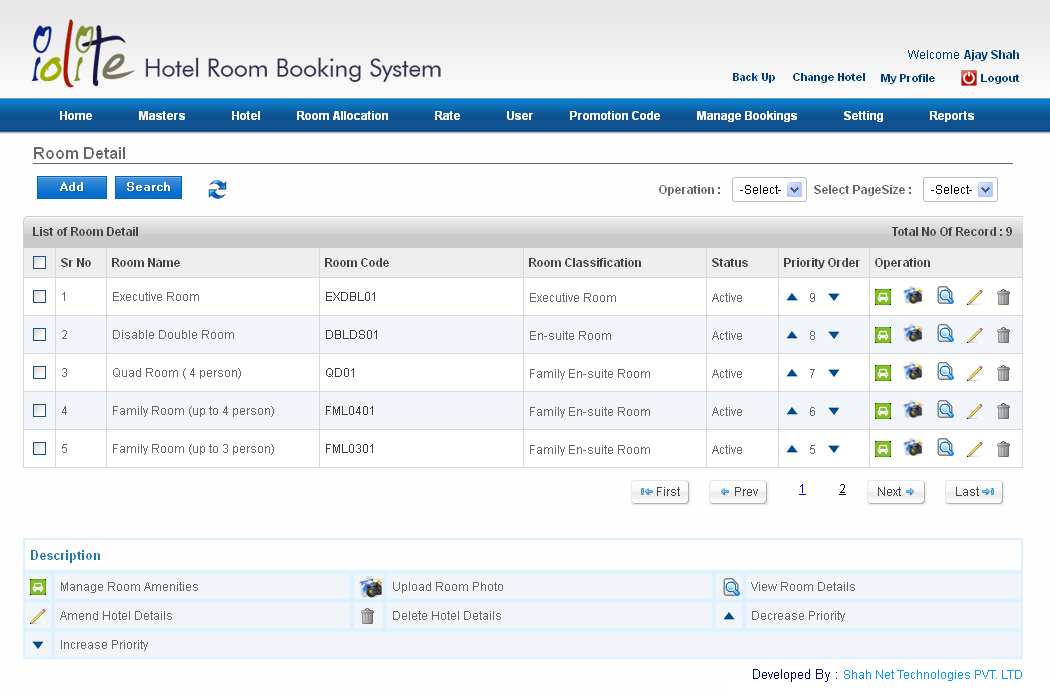
Source: iolitesoftwares.com
A crucial aspect of any hotel reservation software is the level of support provided to its users. Reliable and responsive customer support is essential for addressing issues, answering questions, and ensuring a smooth transition to using the software. Effective training resources are equally important to maximize user adoption and optimize software utilization, minimizing potential operational hiccups.
Importance of Robust Customer Support
Comprehensive customer support is vital for successful software implementation. Users encountering difficulties during setup, data entry, or other operational tasks will require assistance. Prompt and helpful support can prevent costly delays, operational inefficiencies, and user frustration. A well-structured support system demonstrates a commitment to user satisfaction, fostering trust and long-term client relationships.
Types of Support Offered by Different Software Providers
Different providers offer various support options. Some offer 24/7 phone support, while others rely on email or a dedicated online support portal. Many include extensive online documentation, FAQs, and video tutorials. The level of support available often varies based on the specific software package and the provider’s business model. For example, some software providers offer tiered support packages, where higher-paying clients may receive prioritized support and more extensive access to technical experts.
Value of User Training Resources
User training resources are instrumental in empowering users to effectively leverage the software’s capabilities. Well-structured training materials, including comprehensive manuals, interactive tutorials, and hands-on workshops, facilitate a smooth transition. This approach reduces the learning curve and enables users to quickly become proficient in using the software. Training not only improves efficiency but also increases user satisfaction by ensuring users feel confident and capable in their daily tasks.
Examples of Effective Training Methods
Effective training methods include online tutorials, video demonstrations, and hands-on workshops. Online tutorials offer flexible learning opportunities, allowing users to progress at their own pace. Video demonstrations visually showcase software functionalities, enhancing comprehension. Hands-on workshops provide practical experience, enabling users to apply their knowledge in a real-world context. Interactive elements and personalized feedback during training sessions further enhance comprehension and adoption.
Support Options and Availability
| Support Option | Availability | Description |
|---|---|---|
| Phone Support | 24/7 | Direct access to support representatives for immediate assistance. |
| Email Support | Business Hours | Email inquiries are addressed during standard business hours. |
| Online Support Portal | 24/7 | Self-service access to FAQs, knowledge bases, and troubleshooting guides. |
| Online Tutorials | 24/7 | Interactive guides and video demonstrations for step-by-step instructions. |
| Hands-on Workshops | Scheduled | In-person training sessions for practical application and personalized guidance. |
Future Trends and Innovations
The small hotel reservation software landscape is constantly evolving. Emerging technologies are rapidly changing how businesses operate, and adapting to these changes is crucial for staying competitive. Understanding future trends will allow hotels to anticipate needs and implement solutions proactively.
The next generation of reservation software will likely integrate advanced technologies to enhance efficiency, personalization, and guest experience. This will involve seamless integration with existing systems, a focus on user-friendly interfaces, and enhanced security measures.
AI and Machine Learning Integration
AI and machine learning (ML) are poised to significantly impact small hotel reservation software. These technologies can be used to optimize pricing strategies, predict demand, and personalize guest experiences. For example, AI algorithms can analyze historical booking data to identify patterns and trends, allowing hotels to adjust pricing dynamically in real-time.
- Dynamic Pricing: AI can analyze factors like competitor pricing, seasonality, and demand fluctuations to automatically adjust room rates, maximizing revenue. For instance, a hotel might increase prices during peak season or on weekends, while lowering them during slower periods.
- Personalized Recommendations: AI can analyze guest preferences from past bookings to recommend amenities, activities, or local attractions that align with their interests. This might involve suggesting restaurants, tours, or nearby attractions based on the guest’s past choices.
- Proactive Customer Service: AI chatbots can provide instant answers to guest queries, handle basic requests, and proactively address potential issues before they escalate. This allows staff to focus on more complex tasks.
Mobile-First Solutions
Mobile-first solutions are becoming increasingly important for small hotels. Guests expect a seamless booking experience across all devices, and mobile apps offer a convenient and user-friendly way to manage bookings and access hotel information.
- Seamless Booking and Management: Mobile apps allow guests to book rooms, make payments, and manage their reservations directly from their smartphones. This reduces reliance on desktop computers and offers greater flexibility.
- Real-Time Updates: Guests can receive real-time updates on room availability, pricing changes, and special offers via push notifications on their mobile devices. This enhances their awareness and responsiveness to promotions.
- Enhanced Guest Communication: Hotels can utilize mobile apps to send personalized messages to guests, share information about local attractions, or provide directions to the hotel. This enhances communication and convenience.
Emerging Technologies
The integration of emerging technologies such as augmented reality (AR) and virtual reality (VR) into hotel reservation software will transform the guest experience.
- Virtual Tours: AR and VR can provide potential guests with interactive virtual tours of the hotel rooms and facilities, allowing them to experience the space before arriving. This enhances the pre-booking experience and potentially reduces no-shows.
- Personalized Experiences: AR can be used to create personalized experiences within the hotel, such as providing guests with interactive maps of the property or showcasing local attractions within the app.
- Integration with IoT Devices: Smart hotel features such as automated room temperature control, personalized lighting, and connected entertainment systems can be integrated with the reservation software, creating a more personalized and comfortable experience for guests.
Case Studies of Successful Implementations
Small hotels often face challenges in managing reservations efficiently. Reservation software can significantly streamline operations, allowing staff to focus on customer service and revenue generation. Implementing the right software is crucial for success, and real-world examples illustrate how this technology positively impacts a hotel’s bottom line.
Successful implementations demonstrate the value of selecting the right reservation software for the specific needs of the hotel. These implementations illustrate the tangible benefits that accrue from effective planning, meticulous execution, and ongoing support. The following case studies highlight how these factors can lead to increased bookings, improved customer satisfaction, and enhanced overall business performance.
Examples of Successful Implementations
Implementing reservation software is most effective when tailored to the hotel’s unique characteristics and operations. Successful deployments often involve careful consideration of the specific features required and the hotel’s existing workflows. Hotels that prioritize user-friendly interfaces and comprehensive training for their staff tend to achieve greater success in integrating the software into their daily routines.
Key Factors Contributing to Success
Several key factors consistently contribute to the successful implementation of reservation software. These factors include comprehensive training programs for staff, effective communication between the software provider and the hotel management, and a clear understanding of the hotel’s specific needs and objectives. Understanding the desired outcomes of the implementation process, such as increased revenue or improved customer service, is also crucial for measuring success.
Impact on Business Operations
Implementing reservation software often leads to significant improvements in business operations. Improved accuracy in managing reservations, streamlined booking processes, and enhanced reporting capabilities are typical benefits. These enhancements free up staff time, allowing them to focus on more important aspects of the hotel’s operation, such as guest interaction and service. Increased efficiency in booking processes and more accurate tracking of guest information are often key factors.
Measurable Results and Success Stories
The impact of reservation software is often quantifiable. Successful implementations typically result in measurable improvements in key performance indicators (KPIs). These improvements may include increased occupancy rates, higher average room rates, reduced administrative costs, and improved customer satisfaction scores. Here are some examples of hotels that have benefited from implementing reservation software.
| Hotel Name | Software Used | Results |
|---|---|---|
| The Cozy Inn | ResBook Pro | Increased occupancy rate by 15% within the first year of implementation, leading to a 10% rise in revenue. Staff reported a 20% reduction in administrative time. |
| The Lakeside Lodge | HotelRez | Improved online booking conversion rates by 25%, resulting in a 12% increase in direct bookings. Reduced errors in reservation management by 30%. |
| The Mountain View Resort | CloudStay | Automated guest communication, leading to a 10% increase in guest satisfaction scores. Streamlined check-in and check-out procedures, reducing wait times by 15%. |
Security and Privacy Considerations: Small Hotel Reservation Software
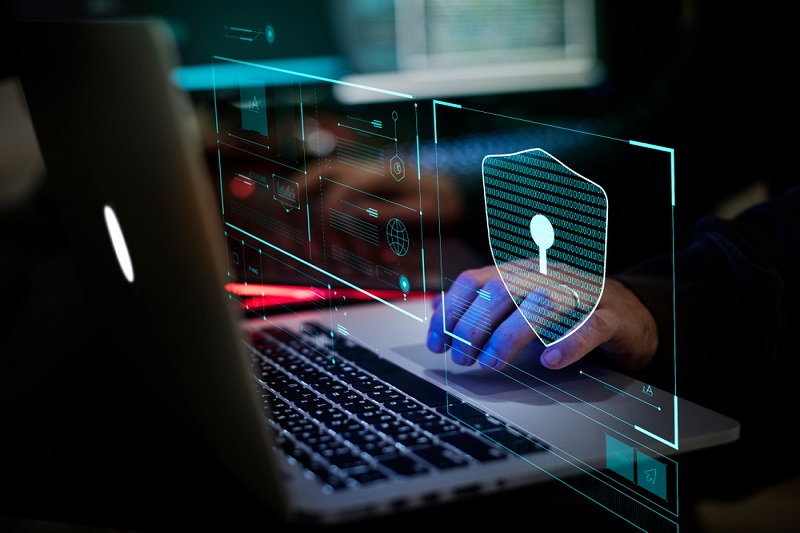
Protecting guest data and ensuring the confidentiality of hotel operations are paramount in a reservation system. Robust security measures are crucial for building trust and maintaining compliance with industry standards and legal requirements. This section explores the importance of data security, various security measures, compliance needs, and best practices for a secure reservation system.
Importance of Data Security
Data security is essential for safeguarding sensitive guest information, such as personal details, payment data, and reservation preferences. Breaches can lead to significant financial losses, reputational damage, and legal ramifications. A robust security system minimizes the risk of such incidents, protecting both the hotel and its guests.
Security Measures Implemented by Different Software Providers
Different reservation software providers employ varying security protocols. Some common measures include encryption of data in transit and at rest, secure authentication methods (e.g., multi-factor authentication), regular security audits, and adherence to industry best practices. The level of security varies depending on the provider and the specific features of the software.
Compliance Requirements for Small Hotels
Small hotels are subject to various data privacy and security regulations, such as GDPR (General Data Protection Regulation) and CCPA (California Consumer Privacy Act). These regulations dictate how personal data is collected, stored, and used. Understanding and adhering to these requirements is vital for avoiding penalties and maintaining a positive reputation.
Data Encryption and Protection Methods, Small hotel reservation software
Data encryption is a critical security measure. Data is encrypted both in transit (while being transmitted) and at rest (when stored). Common encryption methods include Advanced Encryption Standard (AES) and Transport Layer Security (TLS). Data protection also involves access controls, limiting access to sensitive data to authorized personnel. This includes strong passwords, regular password changes, and multi-factor authentication.
Security Best Practices
- Regular Security Audits: Conducting regular security audits helps identify vulnerabilities and ensure that security measures are effective. This involves assessing systems for weaknesses and implementing appropriate countermeasures. A comprehensive audit can be costly but is essential for minimizing risk. Regular updates to software and operating systems also significantly improve security.
- Strong Passwords and Access Controls: Implementing strong passwords and access controls is crucial. Strong passwords should be unique and complex. Restrict access to sensitive data to authorized personnel only. This includes restricting access based on user roles.
- Data Backup and Recovery: Regularly backing up data and having a disaster recovery plan are essential. Data loss can be devastating to a hotel’s operations, and a robust backup system can mitigate the impact of such events. Cloud-based backups can offer additional security and redundancy.
- Incident Response Plan: A well-defined incident response plan is essential for managing security breaches. A plan should Artikel procedures for detecting, responding to, and recovering from security incidents. This plan is critical for minimizing damage and ensuring business continuity in case of a security breach.
- Employee Training: Employee training on security best practices is vital. Employees need to be aware of potential threats and how to respond to them. This training should cover password management, phishing awareness, and data handling procedures. This is crucial for preventing social engineering attacks.
Wrap-Up

Source: sourcecodester.com
In conclusion, small hotel reservation software offers a multitude of benefits for enhancing operational efficiency, increasing revenue, and improving the guest experience. By understanding the features, comparing various software options, and implementing the software strategically, small hotels can streamline their processes, optimize revenue, and build stronger customer relationships. The future of this technology promises even more innovation and integration, making it an invaluable asset for the hospitality industry. The careful consideration of security, training, and future-proofing will be key to success in this evolving market.
